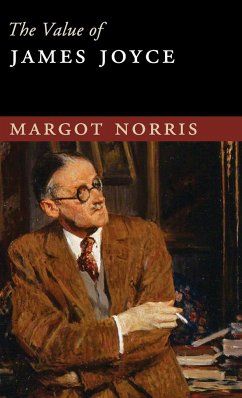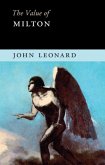"Richard Ellmann said it best: "Joyce's discovery, so humanistic that he would have been embarrassed to disclose it out of context, was that the ordinary is the extraordinary." How so? Is there anything extraordinary about depicting a man going to the outhouse in the morning and defecating, pleased to find "that slight constipation of yesterday quite gone" (4.508)? Surely the act is commonplace enough, but its depiction in a 1904 novel, complete with the quiet thoughts that accompany it, is not. It suggests that even the most insignificant moments of a day can have meaning to human beings, and their representation in literature sharpens its realism to an extraordinary degree. In a 1920 letter to Carlo Linati, Joyce called Ulysses "the cycle of the human body as well as a little story of a day (life)." The representation of the ordinary thereby becomes one of the most important elements of Joyce's democratic impulse"--
Hinweis: Dieser Artikel kann nur an eine deutsche Lieferadresse ausgeliefert werden.
Hinweis: Dieser Artikel kann nur an eine deutsche Lieferadresse ausgeliefert werden.








